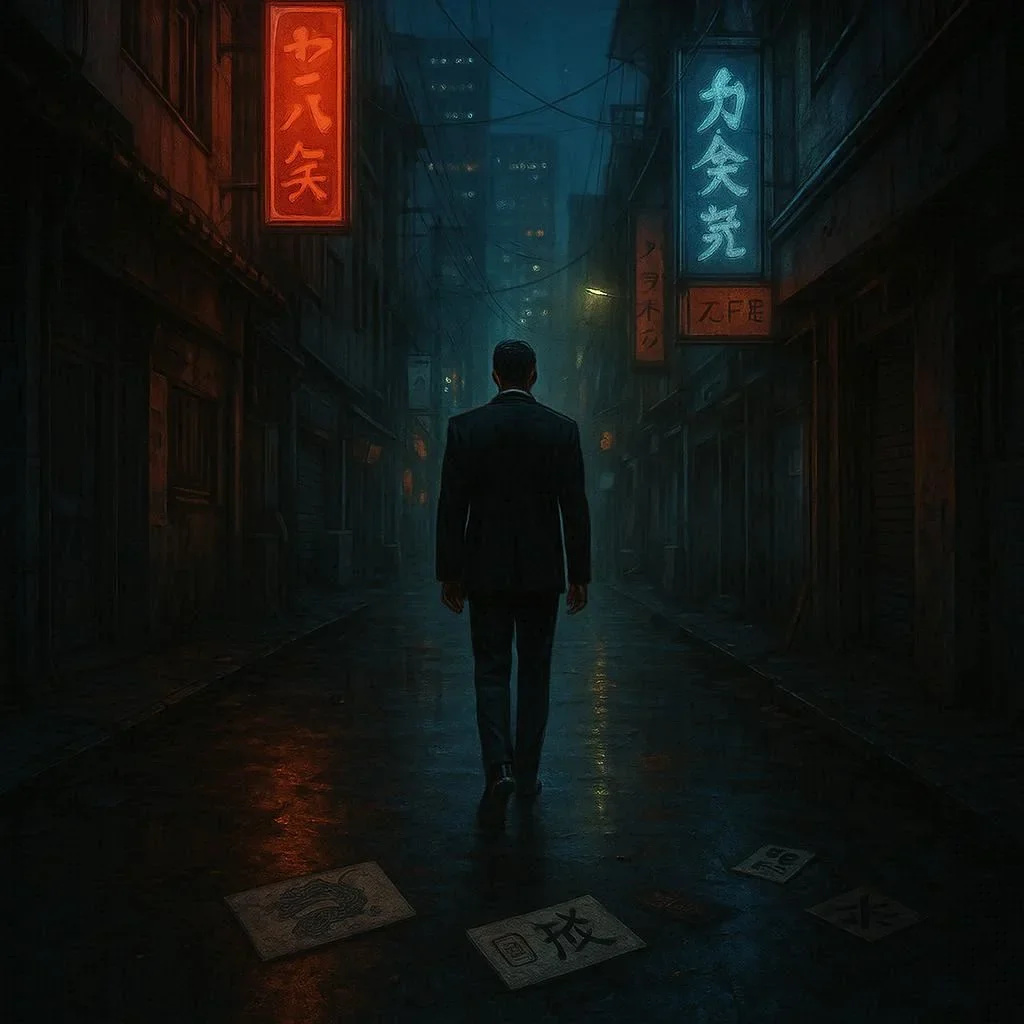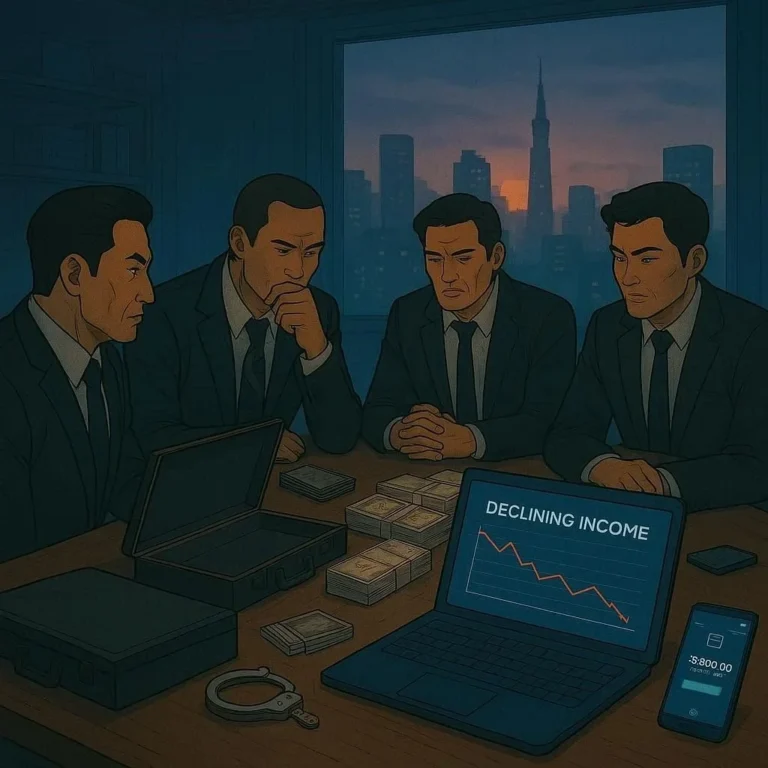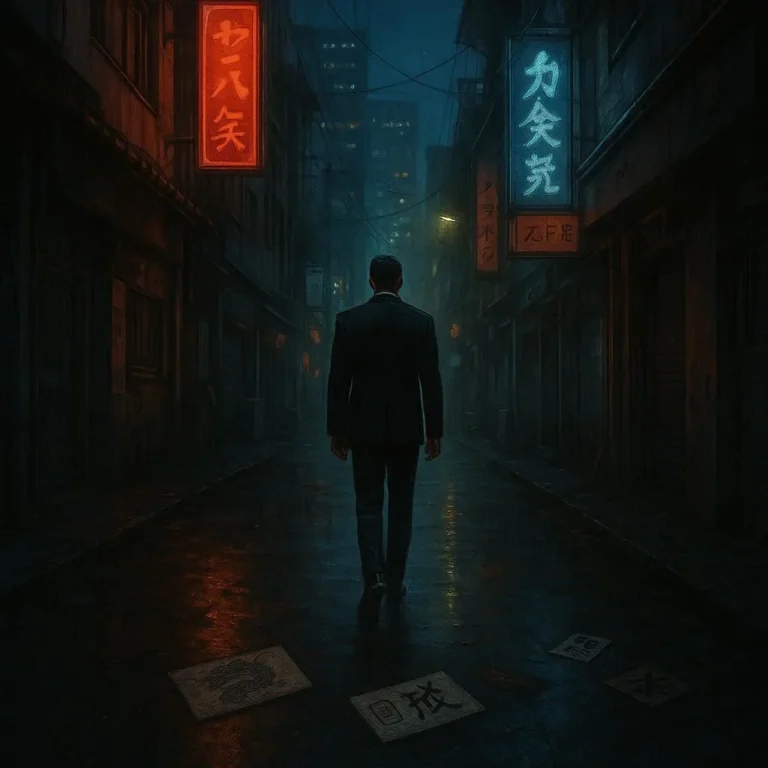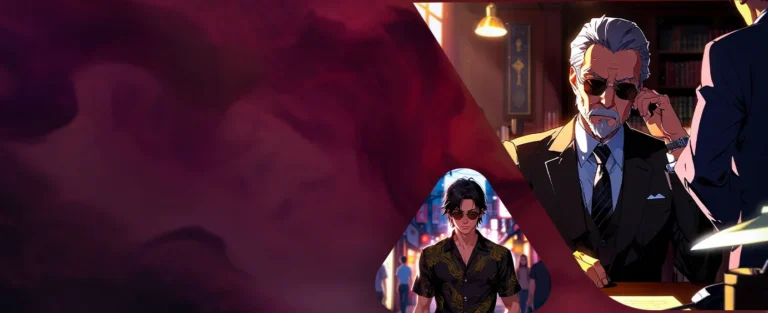511 views Pokémon Cards and Petty Theft: Signs of Yakuza’s Reduced Influence
In recent years, the world of Pokémon cards has seen a meteoric rise in popularity, with rare cards selling for thousands of dollars and collectors clamoring to complete their sets. However, this surge in popularity has also led to a wave of petty thefts targeting Pokémon card shops, hobby stores, and even individual collectors. While this might seem like a minor issue compared to other crimes, it has sparked an interesting discussion about the potential decline of Japan’s infamous Yakuza syndicates and their influence on organized crime.
Understanding the Yakuza’s Role in Japan
The Yakuza, Japan’s oldest organized crime groups, have long been synonymous with order and control in the underworld. Known for their strict codes of conduct, elaborate rituals, and hierarchical structures, the Yakuza have historically been involved in a wide range of activities, from extortion and gambling to drug trafficking and real estate manipulation. Their influence has been so vast that they were once considered the de facto enforcers of order in Japan’s criminal underworld.
However, over the past few decades, the Yakuza’s power has been waning. Stricter anti-organized crime laws, better law enforcement strategies, and a changing societal landscape have all contributed to the decline of the Yakuza’s influence. While they are still active, their involvement in high-profile crimes has diminished, leaving a void that has been filled by smaller, more fragmented criminal groups.
Petty Theft and the Rise of Amateur Criminals
The recent surge in petty thefts targeting Pokémon card shops and collectors is a far cry from the elaborate heists and high-stakes crimes that were once the hallmark of the Yakuza. These thefts are often carried out by individuals or small groups, rather than large, organized syndicates. The amateurish nature of these crimes suggests that the Yakuza’s grip on the criminal underworld is loosening, leaving room for less sophisticated criminals to operate.
One notable case involved a group of thieves breaking into a hobby store in Tokyo and stealing several rare Pokémon cards. The value of the stolen items was significant, but the method was crude, with the thieves leaving behind evidence that led to their quick apprehension by authorities. This kind of sloppy, amateurish crime is a far cry from the meticulous planning and execution that the Yakuza was once known for.
The Pokémon Card Phenomenon
Pokémon cards have become a cultural phenomenon, with their popularity transcending generations. The rise of online marketplaces and social media has made it easier than ever for collectors to buy, sell, and trade cards, driving up the value of rare cards. The ми Rabbi खेल of the Pokémon Trading Card Game (PTCG) has also fueled the demand, with competitive players seeking out rare and high-value cards to gain an edge in tournaments.
This surge in popularity has made Pokémon card shops and collectors attractive targets for thieves. The high value of rare cards, coupled with the relative ease of selling them online, has created a lucrative opportunity for criminals. While the Yakuza may have once controlled the flow of these items, the rise of amateur thieves suggests that the market is now more accessible to individuals outside of traditional organized crime structures.
The Yakuza’s Decline and Its Implications
The Yakuza’s decline is a complex issue with multiple contributing factors. One major reason is the aging membership of the Yakuza. As older members retire or pass away, they are not being replaced by younger recruits at the same rate. This has led to a decline in the Yakuza’s manpower and influence, making it harder for them to control their traditional territories.
Another factor is the increased pressure from law enforcement. In the 1990s, Japan implemented stricter anti-organized crime laws, making it harder for the Yakuza to operate. These laws have been enforced more rigorously in recent years, leading to the arrest and prosecution of high-ranking Yakuza members. The fragmentation of the Yakuza into smaller, more disorganized groups has also reduced their overall impact.
The decline of the Yakuza has created a power vacuum in Japan’s criminal underworld. While smaller groups and amateur criminals have stepped into this void, they lack the sophistication and organization of the Yakuza. This shift has led to a rise in petty crimes, such as the theft of Pokémon cards, as individuals seek to exploit new opportunities for profit.
The Future of Organized Crime in Japan
The rise of petty theft targeting Pokémon card shops and collectors is just one symptom of the Yakuza’s decline. As the Yakuza’s influence continues to wane, it is likely that we will see a further rise in amateur criminal activity. While these crimes may not have the same level of organization or complexity as those carried out by the Yakuza, they still have a significant impact on communities and businesses.
The Pokémon card phenomenon is unlikely to fade anytime soon, and as long as there is a high demand for rare cards, there will be individuals and groups looking to exploit that demand for profit. Whether that profit comes from honest trading or criminal activity remains to be seen. However, one thing is clear: the Yakuza’s reduced influence has created an environment where amateur criminals can thrive, leading to a rise in petty thefts and other low-level crimes.
As Japan continues to grapple with the challenges posed by the decline of the Yakuza, it will be important to monitor the trends in criminal activity. While the theft of Pokémon cards may seem like a minor issue compared to more serious crimes, it is part of a larger shift in the criminal landscape. Understanding these trends will be crucial for law enforcement and policymakers as they work to address the challenges posed by the rise of amateur criminal activity.
In conclusion, the rise in petty thefts targeting Pokémon card shops and collectors is just one sign of the Yakuza’s reduced influence in Japan. As the Yakuza’s power continues to decline, it is likely that we will see a further rise in amateur criminal activity. While these crimes may not have the same level of organization or complexity as those carried out by the Yakuza, they still have a significant impact on communities and businesses. The future of organized crime in Japan will be shaped by these changes, and it will be important to monitor these trends closely in the years to come.







